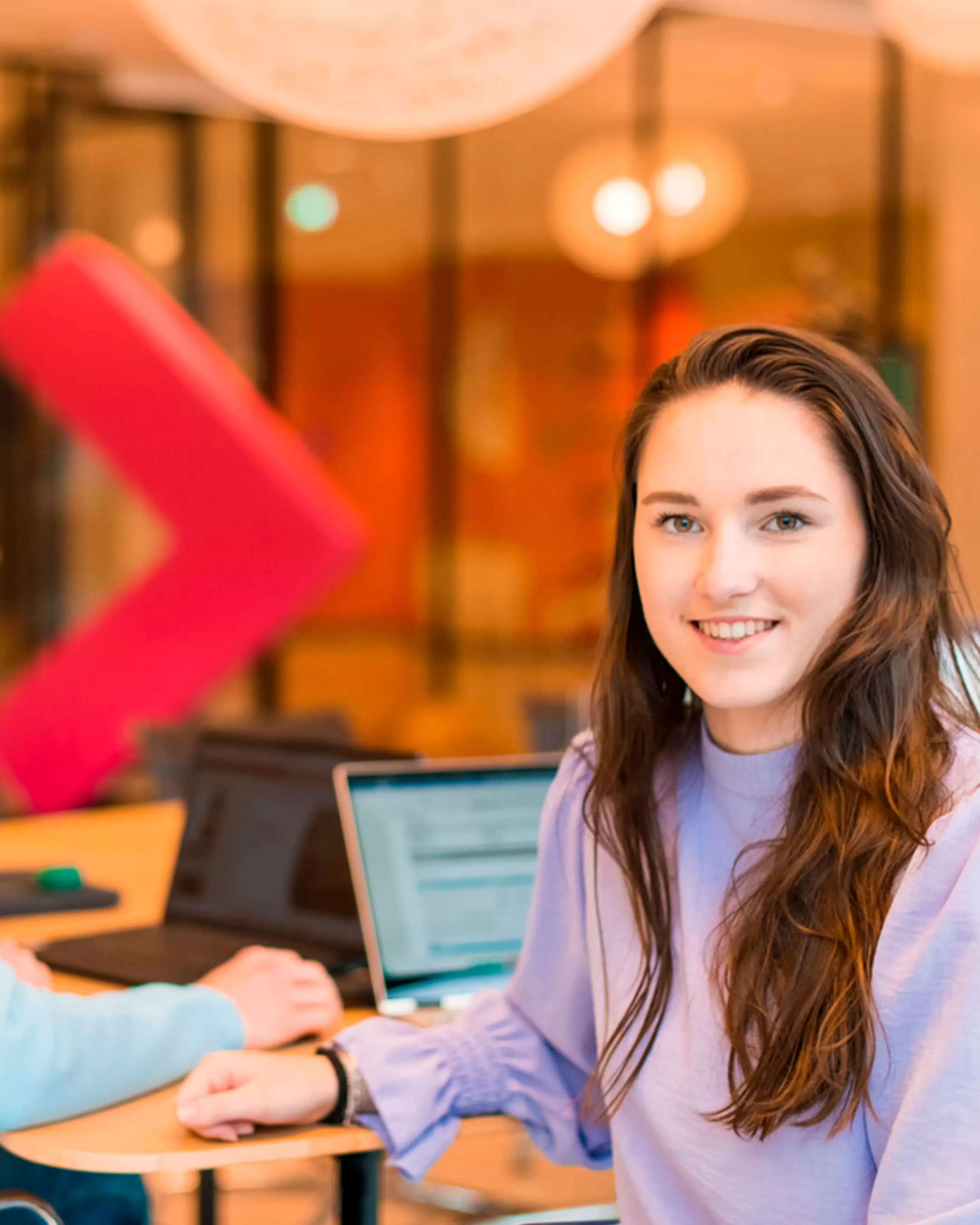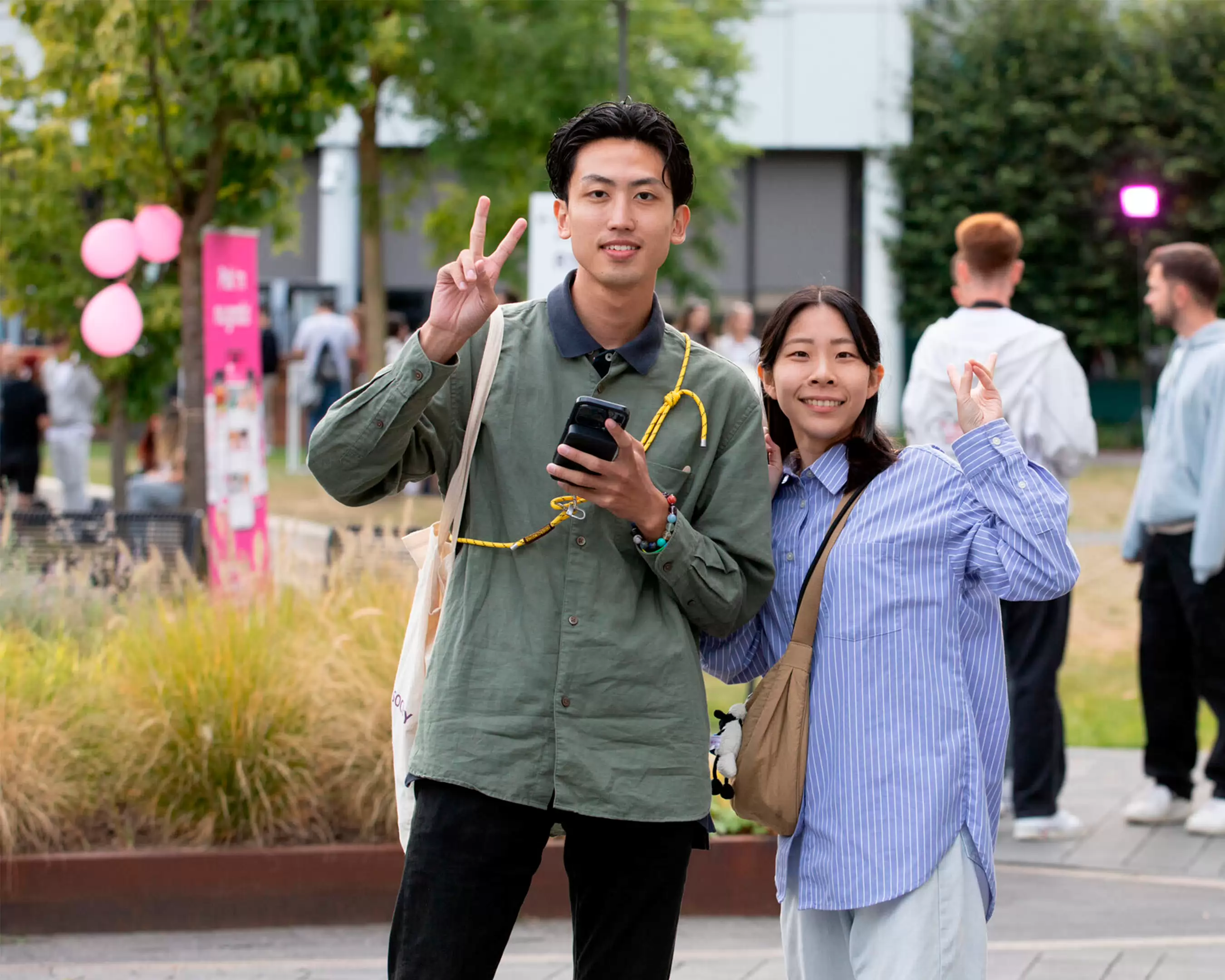

Enabling technologies
Numerous societal challenges require the application of new technologies. Examples include the use of robots and other tools to relieve care staff, the development of printable solar cells or new materials to reduce the energy consumption of buildings, and the use of artificial intelligence (AI) to analyse complex problems and data.
Enabling technologies are innovative technologies that have the potential to bring about radical changes in society, in a variety of areas. Fontys is strong in a range of key technologies -key enabling technologies- that are essential for these kinds of necessary transitions in the fields of healthcare, education, emission-free mobility, circular economy and sustainability.

Developing simpler medical ventilators together
Focus of Fontys
Within the knowledge theme Enabling Technologies, the Centre of Expertise High Tech Systems & Materials (HTSM) and the AI knowledge centre conduct research into the (continued) development of these key technologies. The key technologies in which Fontys excels are:
- Digital twins
A digital twin is an exact virtual representation of a physical product or system, which changes along with reality through real-time data. Fontys has expertise in digital twinning of (components of) vehicles. - Artificial intelligence (AI)
In AI, tasks are performed on the basis of self-learning algorithms and statistical models. Fontys has expertise in data visualisation and AI, and machine learning. - Autonomous/adaptive robots
An autonomous robot is a robot that performs behaviours or tasks independently, under different circumstances, such as a robot hoover. Adaptive robots are autonomous robots that can adapt to the environment and thus 'learn', such as a healthcare robot. In this context, Fontys also has expertise in automated guided vehicle development. - Sensors and sensor networks
Sensor networks are networks consisting of various autonomous devices that use sensors to jointly monitor physical or environmental factors, such as temperature, light, sound, vibration and pollution. In this context, Fontys also has expertise in computing software. - Production of new materials
The development of new materials can provide important breakthroughs, for example when it comes to energy transition and sustainability. Fontys has expertise in thin layers and functional materials, and metal and composite printing. - Natural sciences
The natural sciences produce a variety of key technologies. Fontys has expertise in solar fuels, photonics, quantum technology and Life Sciences: Diagnostics & Test Development.
Connection with other knowledge themes
Enabling Technologies is a broad and supporting knowledge theme. We work closely with the centres within the five other knowledge themes on the deployment and application of technology to societal challenges within these themes.
Involved lectorates and research lines
Please note: unfortunatly, all hyperlinks refer to our Dutch website at the moment:
Lectorates
- AI en Big Data
- Applied Natural Sciences
- Business Innovation
- Circulaire Transitie
- Future Powertrain
- HIT: Technologie in de zorg
- HIT: Value-Based Health Care
- High Tech Embedded Software
- Industrial Engineering & Entrepreneurship
- Mechatronica en Robotica
- Mens en Technologie
- Sociale veerkracht
- Supply Chain Innovation
- Thought Leadership
Research lines
- Additive Manufacturing
- Distributed Sensor Systems
- Smart Sustainable Solutions

